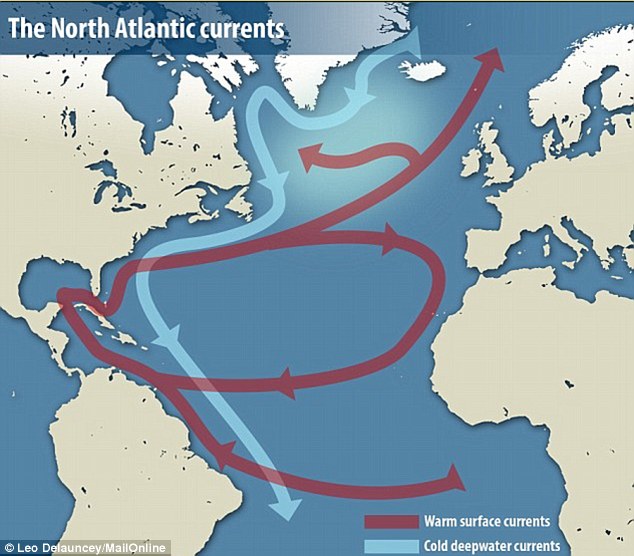MIAMI — With the official start of hurricane season in the Atlantic now just eight days away we take a closer look at the projected numbers for the upcoming season.
Research scientist at Colorado State University Dr. Philip Klotzbach put out his early predictions for the 2018 season in April.
At that time his forecast was for a slightly above average season in the number of storms compared to the last 30 years.
Klotzbach and his team at Colorado State are projecting 14 named storms this season with half becoming hurricanes and 3 of those hurricanes developing into major hurricanes with 111 mph winds or greater.
The main factor that goes into putting together these early predictions on the number of storms is whether or not we will have an El Nino.
In April the long term models where showcasing a weak El Nino pattern or more of a neutral pattern.
In an El Nino year we normally see warmer than normal waters in the eastern and central tropical Pacific.
These warmer waters in the Pacific then create stronger upper level winds across the Atlantic which work to tear a part possible hurricanes that try to develop.
Last year we stayed in a La Nina pattern which is weaker winds aloft so the storms were able to hold together and strengthen quickly as we had 17 named storms and 10 become hurricanes in 2017.
Besides whether we have an El Nino or La Nina pattern the water temperatures in the Atlantic and Gulf also play a large role in the forecast.
Right now the waters are about on average or a little cooler then where they usually are at this time of year which is good news but if those waters really start to warm up this summer that could be concerning.
But no matter the forecast or if we are in an El Nino or La Nina all that matters is where those storms form and where they end up going which is impossible to predict this far out.
Hurricane specialist John Cangialosi with the National Hurricane Center advises “worry more about one storm at a time and what threat it might have to where we live.”
And more than likely these numbers will change in the coming days as NOAA will put out their official forecast for the upcoming season this week and Klotzbach will update his numbers on June 1st factoring in the new data and what we are seeing happening right now with the pattern.
http://www.iflscience.com/environment/atlantic-entering-cool-phase-will-change-world-s-weather/


